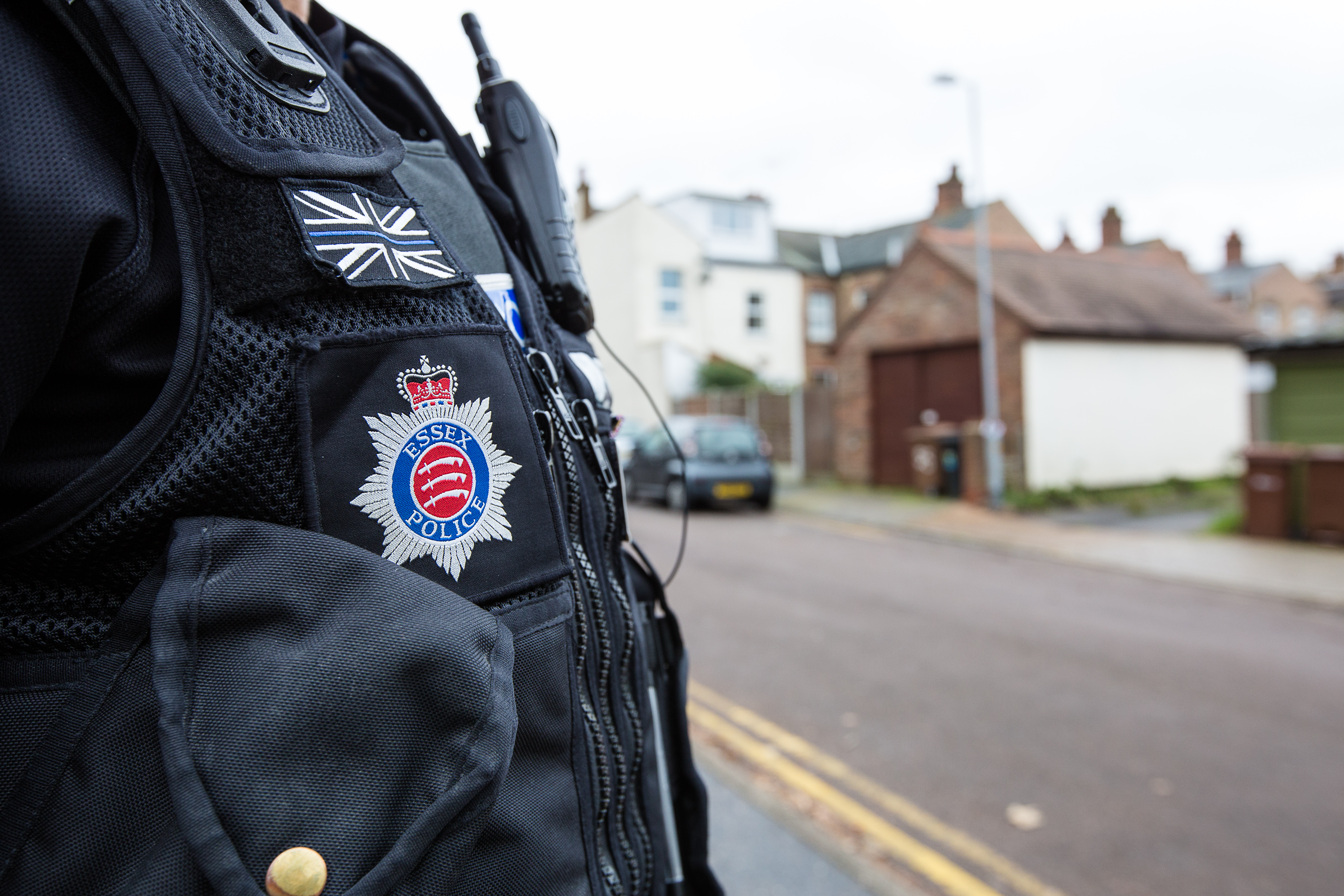IPCC guidance on separating officers is ‘abhorrent’
FEDERATION representatives have slammed new IPCC guidance that says police officers must be separated in post-incident procedure.
The IPCC published guidance last month on how evidence should be collected in the immediate aftermath of an incident where a member of the public has died or been seriously injured.
The guidance, which must be approved by the Home Secretary, said officers should be separated as soon as operationally safe to do after the incident, so as not to confer, or unintentionally influence each other’s accounts.
But this advice was rubbished by both Essex Police Federation and the national federation this month.
Steve Taylor, Essex Chairman, said: “I disagree completely with the IPCC’s assumption that in order to protect against officers conferring we need to separate officers in the event of a shooting. I reject that wholeheartedly.
“I think it’s absolutely abhorrent because it is based on the suggestion that officers get together and talk about what has happened and in doing so corrupt the natural justice that comes out of those investigations. I would ask the IPCC in insisting that this is the case to evidence instances where that has happened. Because it is completely wrong.”
Mr Taylor paid tribute to the skill and professionalism of firearms officers, and warned that by treating them as “suspects rather than witnesses” when someone is shot, people will be put off from applying for the role.
Che Donald, firearms lead for the Police Federation of England and Wales, also condemned the guidance, branding it “nonsense” and “horrendous” in an interview with the PoliceOracle.com website.
In a statement after the interview, IPCC Deputy Chair Sarah Green said: “We encourage all officers to read our guidance to draw their own conclusions.
“The guidance is designed to help us gather best evidence and aims to improve public confidence in that evidence by minimising the potential of contamination from any other source. We believe the best way to do this is by separating key police witnesses, where it is operationally safe to do so, only until they have provided their initial account.”


Comments are closed.